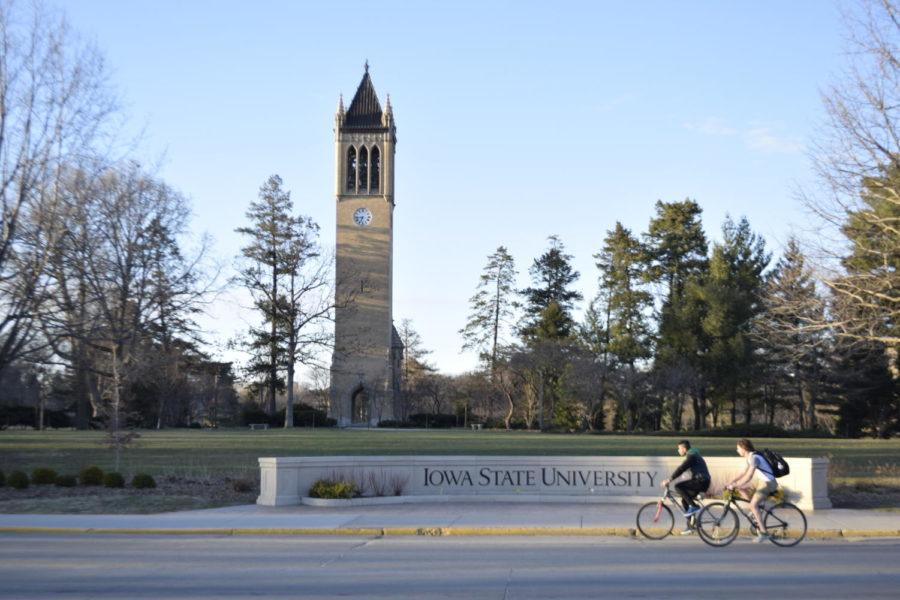Students encouraged to check credit report, search for errors
March 30, 2017
For many college students, the only time their credit comes to mind is during fleeting, catchy TV ads. However, credit reports impact all of us, whether we know it or not.
Whether they’re finishing freshman year or preparing to step into the real world as a college graduate, students need to be aware of what their credit report says and, more importantly, make sure everything in that report is accurate.
Jonathan Fox, Iowa State professor of human development and family services, said research shows that 1 in 4 credit reports has some sort of mistake. These errors can range from something as minor as an incorrect name or as devastating as an additional account or debt.
The only way to find them is by checking your credit report.
“Checking your credit does not impact your credit score,” Fox said. “It’s actually a sign of responsibility.”
In 25 years of teaching personal finance classes, Fox said he’s never had a class where every student’s report was accurate.
He suggested that students use the government-funded site AnnualCreditReport.com as a primary means of checking their reports. It’s free, quick and gives users the option to check their reports from all three credit bureaus: Equifax, Experian and TransUnion.
“Everybody thinks you can get your credit report once a year, which is true, but there are three bureaus,” Fox said. “So you can go to the trough three different times. They have similar but not identical data.”
Fox said the best way students can keep up with their credit report is to check it every four months by cycling through each credit bureau. This way, students can be their own credit monitoring service.
Cynthia Fletcher, professor of human development and family services, said it’s important for students to realize that even during their time in college, they’re building a credit history, especially if they live off campus.
“Renting, taking out utilities, buying cars, those activities are fed into a credit history,” Fletcher said. “And that is something that many people don’t even think about.”
During that process, it’s easy for a simple data entry mistake to hurt students’ credit. Because the information in a person’s credit history is used in so many ways, a mistake on a credit report could hurt students’ ability to receive credit, get insurance and even land a job.
“For those reasons, it’s a good practice to periodically check and make sure that information is accurate,” Fletcher said.
For those who find that the information in their credit report is accurate, but not entirely favorable, there are a few ways to help it improve.
“It’s pretty straight forward,” Fletcher said. “Start taking actions and making decisions that reflect that you are a responsible consumer and that you have the ability a willingness to repay.”
















